-THW-L1: Temperature range 10 to 200°C
-THW-L1S: Temperature range -50 to 200°C
-THW-L1E: Temperature range -150/-100 to 300°C
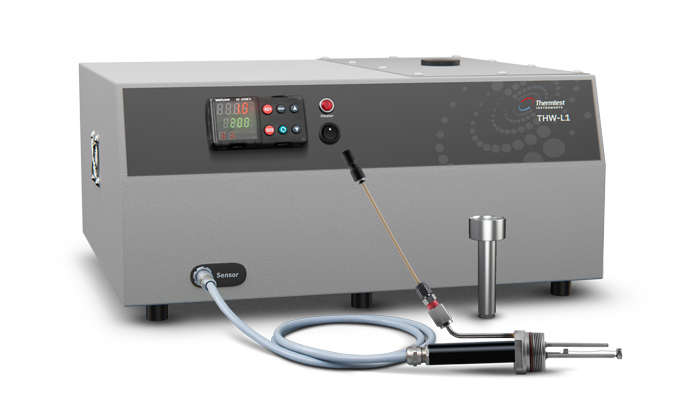
Picture 1. Thermtest THW-L1S Liquid Thermal Conductivity Meter.
The Thermtest Transient Hot Wire (THW-L1) liquid thermal conductivity instrument is an advanced measurement system for direct determination of the thermal conductivity of liquids and pastes in accordance with ASTM D7896-19 – Standard Test Method for Thermal Conductivity of Engine Coolants and Related Fluids by Transient Hot Wire Liquid Thermal Conductivity Method.
The THW-L1 Meter was designed with speed and operational simplicity in mind. With a single measurement of 1 second in duration, small volumes of liquids and low viscosity pastes can accurately and precisely be measured for thermal conductivity, thermal diffusivity and specific heat. The THW-L1 Meter uses a non-stationary measurement approach and rapid test times limiting convective effects for samples with a wide range of viscosities (0.1 to 10,000,000 mPas).
Automobiles require constant maintenance to increase their performance and reduce the environmental impact. Cars have different fluids for various sub-systems that should be kept clean and above a level to extend car’s life, to ensure the driver’s safety and to keep the car exhaust emissions at low levels. Having fluids with high thermal conductivity and specific heat means a better heat transfer from the car parts to the fluids, a better operation, and less service costs.
For this experiment the thermal properties of transmission oils, coolant fluid at different concentrations and windshield washer fluids were measured with the Thermtest Transient Hot Wire (THW-L1S) Liquid thermal conductivity meter.
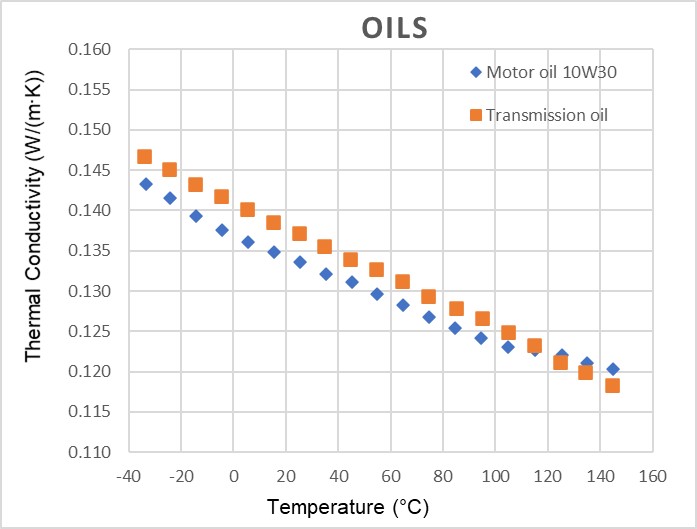
Figure 1: Measured thermal conductivity of transmission oils samples as a function of temperature.
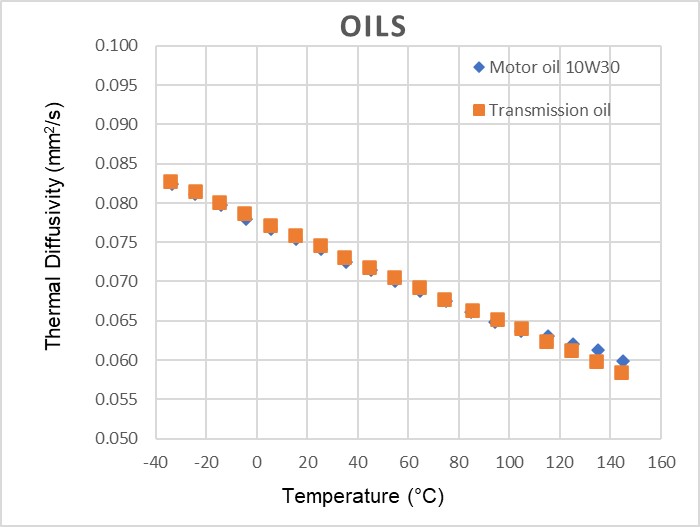
Figure 2: Measured thermal diffusivity of transmission oils samples as a function of temperature.
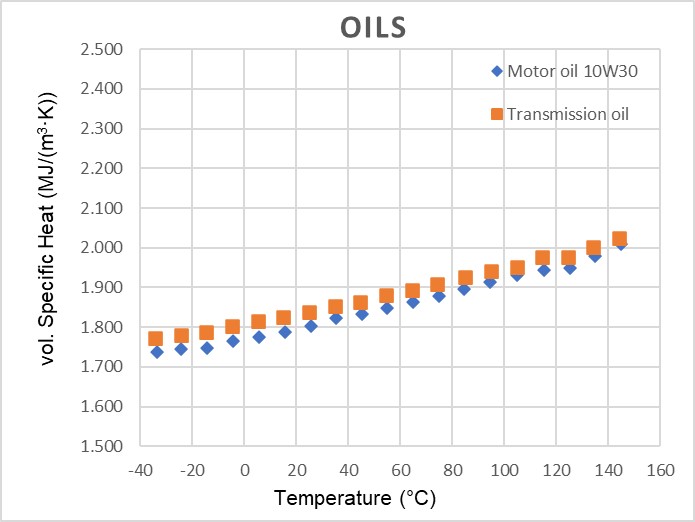
Figure 3: Calculated Volumetric specific heat of transmission oils samples as a function of temperature.
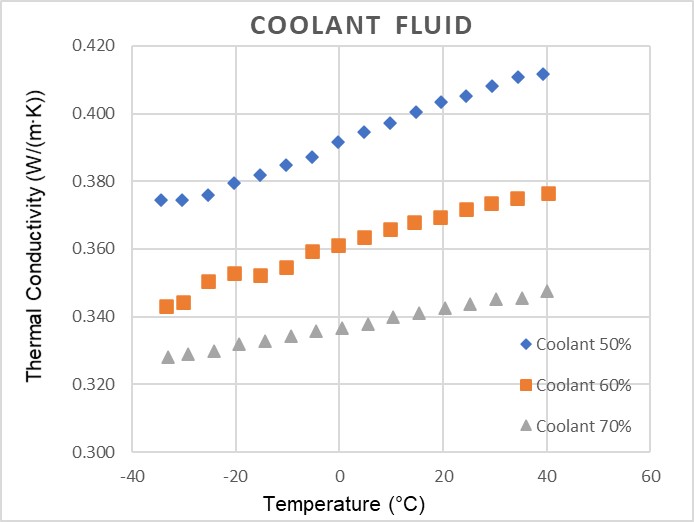
Figure 4: Measured thermal conductivity of coolant fluids as a function of temperature.
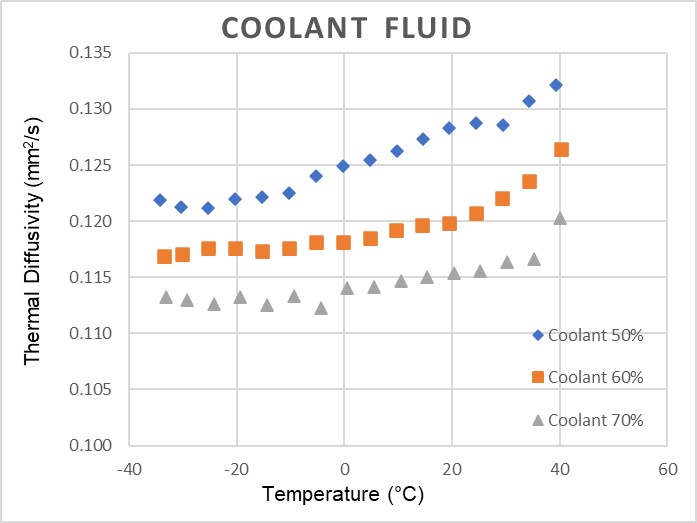
Figure 5: Measured thermal diffusivity values of coolant fluids as a function of temperature.
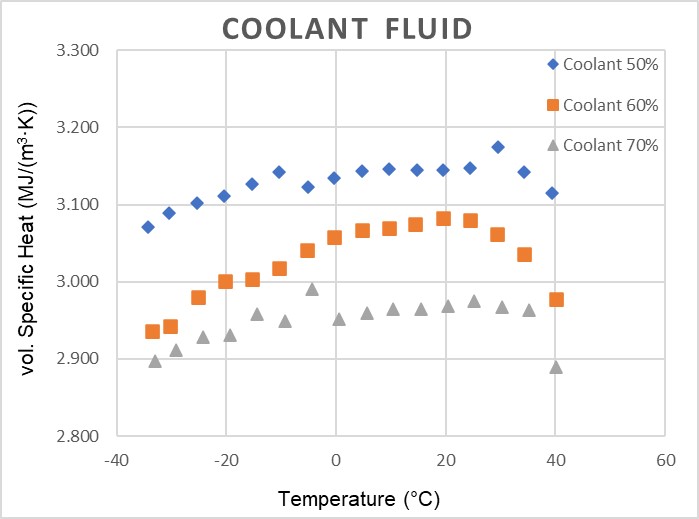
Figure 6: Measured volumetric specific heat of coolant fluids as a function of temperature.
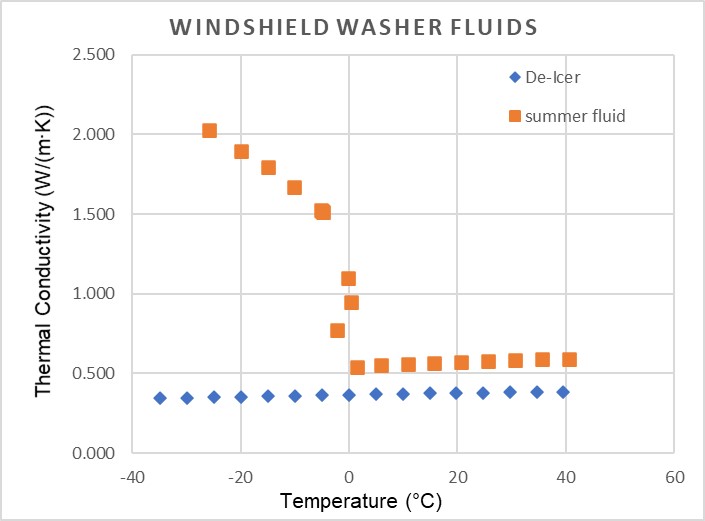
Figure 7: Measured thermal conductivity of windshield washer fluids as a function of temperature
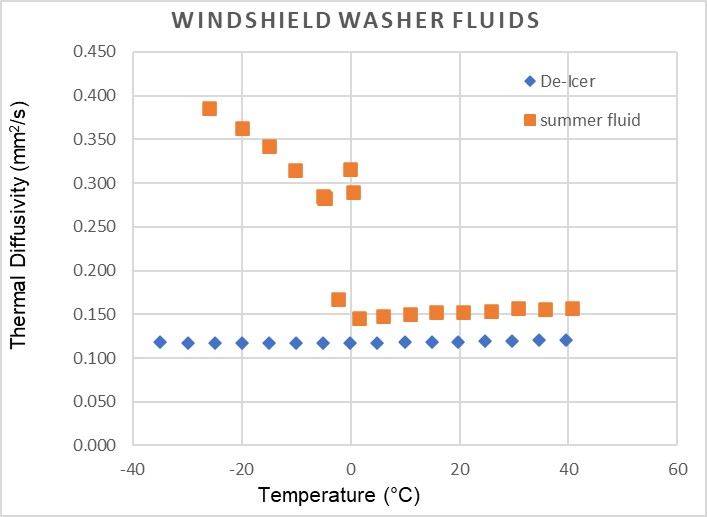
Figure 8: Measured thermal diffusivity of windshield washer fluids as a function of temperature.
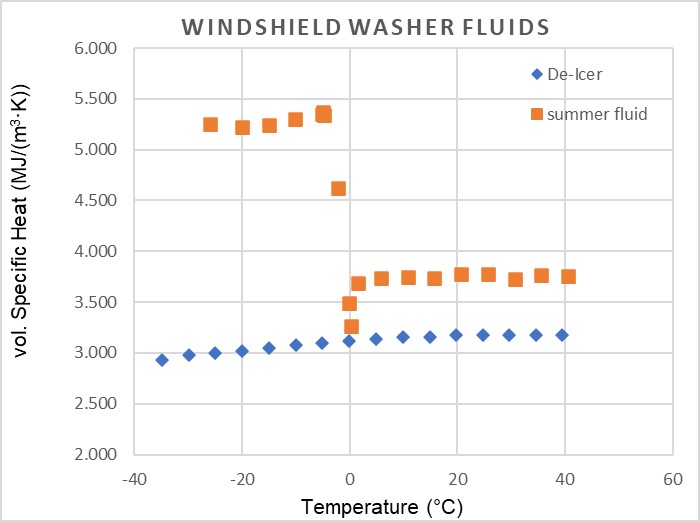
Figure 9: Measured volumetric specific heat of windshield washer fluids as a function of temperature.